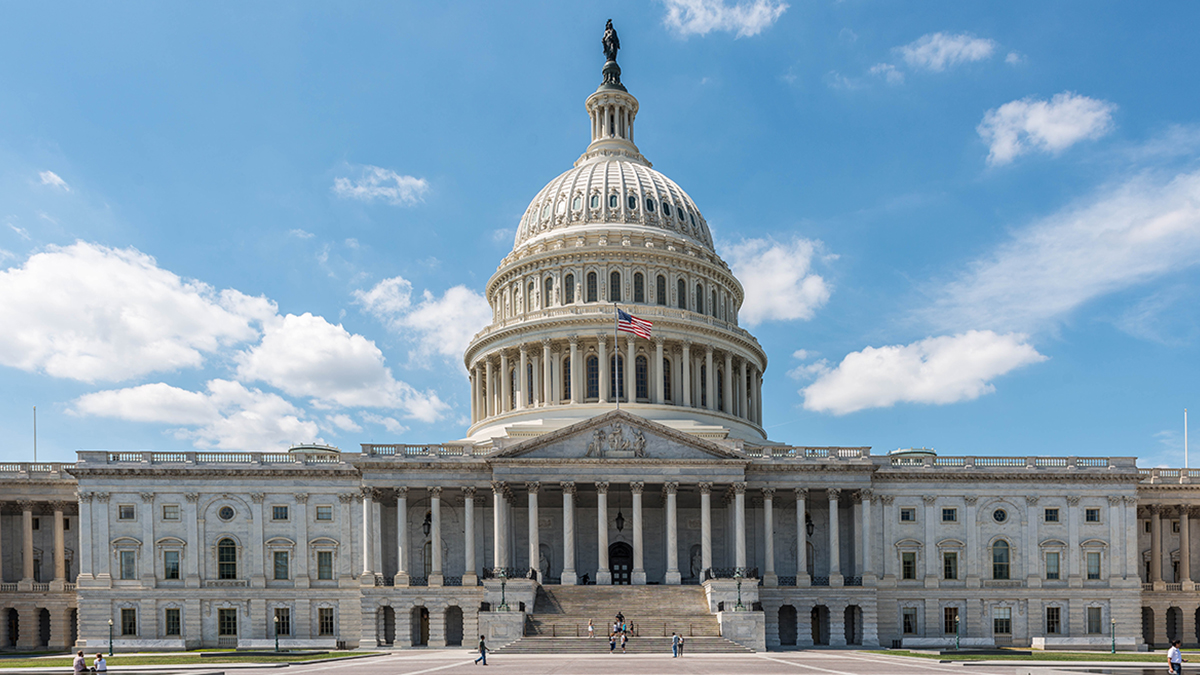House:
The House spent August in recess, with lawmakers and staff returning to work in-district and take vacation ahead of what will be a busy September. Having sent 10 of 12 spending bills to the Senate, House lawmakers still need to pass two appropriations bills in time for the Senate to pass them and work out a broader agreement with the House by October 1st. House Majority Leader Steny Hoyer (D-MD) recently told reporters that while a continuing resolution could be inevitable, it would be “short-term” and “no more than 60 days,” possibly setting up another funding fight in early December. On September 10th, the Natural Resources committee will hold what is expected be to be a contentious hearing to examine the proposed relocation and reorganization of BLM. Additionally, two anti drilling bills H.R. 1146 (ANWR coastal plain drilling ban) and H.R. 1941 (Atlantic and Pacific drilling ban) will be voted on in the coming weeks on the House floor. From a broader standpoint, the House will also move to examine legislation for several bubbling issues like the USMCA trade deal, FISA surveillance reauthorizations, gun control, and continued oversight of the administration via the Judiciary Committee as we move into the Fall. With 2020 elections about a year away, lawmakers from across the political spectrum will be looking to solidify their legislative accomplishments in time to message them out to voters around the nation.
Senate:
The Senate also spent August in recess. On one of the last working days before leaving town, the Senate Finance Committee held a hearing on the USMCA trade deal in which lawmakers generally expressed interest in a speedy approval of the deal this fall. On the appropriations front, the Senate didn’t pass any of the 10 funding bills passed by the House prior to recess, opting instead to wait for congressional leaders and President Trump to strike a two-year budget deal, which was secured on August 2nd. Absent the passage of the 12 spending bills or another temporary continuing resolution (a.k.a. CR), the government will shut down at midnight on October 1st.
White House:
The Administration continued to advance the President’s various agendas throughout August. Following two days of trade talks with the Chinese early in the month, negotiations again stuttered and President Trump announced a 10% tariff on over $300 billion in Chinese goods. In response, Chinese officials announced they would halt the purchase of American agricultural products. After an agreement was reached to delay the new round of tariffs, the Administration reiterated that tariffs are to be raised from 25% to 30% on the existing $250 billion worth of Chinese goods beginning on October 1st, and from 10% to 15% on the remaining $300 billion worth of goods beginning on December 15th. On the national security front, the Administration spent August continuing to deal with the situation in Iran, additional missile testing issues with North Korea, and diplomatic tensions with E.U. leaders. On the regulatory front, the Administration faced significant public backlash over its proposed rollback of EPA’s 2016 methane regulations concerning oil and gas production. Additionally, the Administration also spent the month dealing with significant pushback from large automakers over the President’s decision to rollback 2012 vehicle pollution standards put in place by former President Obama. At the agency level, BOEM held its fifth offshore lease sale under the 2017-2022 OCS Leasing Program on August 22nd. It was this year’s second U.S. Gulf auction and received 165 bids on 151 blocks from 27 companies, with high bids totaling $159.4 million. Those totals were mostly down from the last two gulf lease sales: Lease Sale 252 in March and Lease Sale 251 in August 2018. Analysts reported that over 25% of bids were for acreage in the Mississippi Canyon area.





